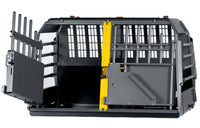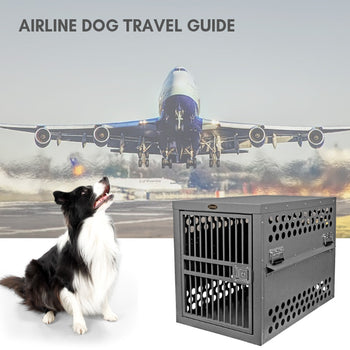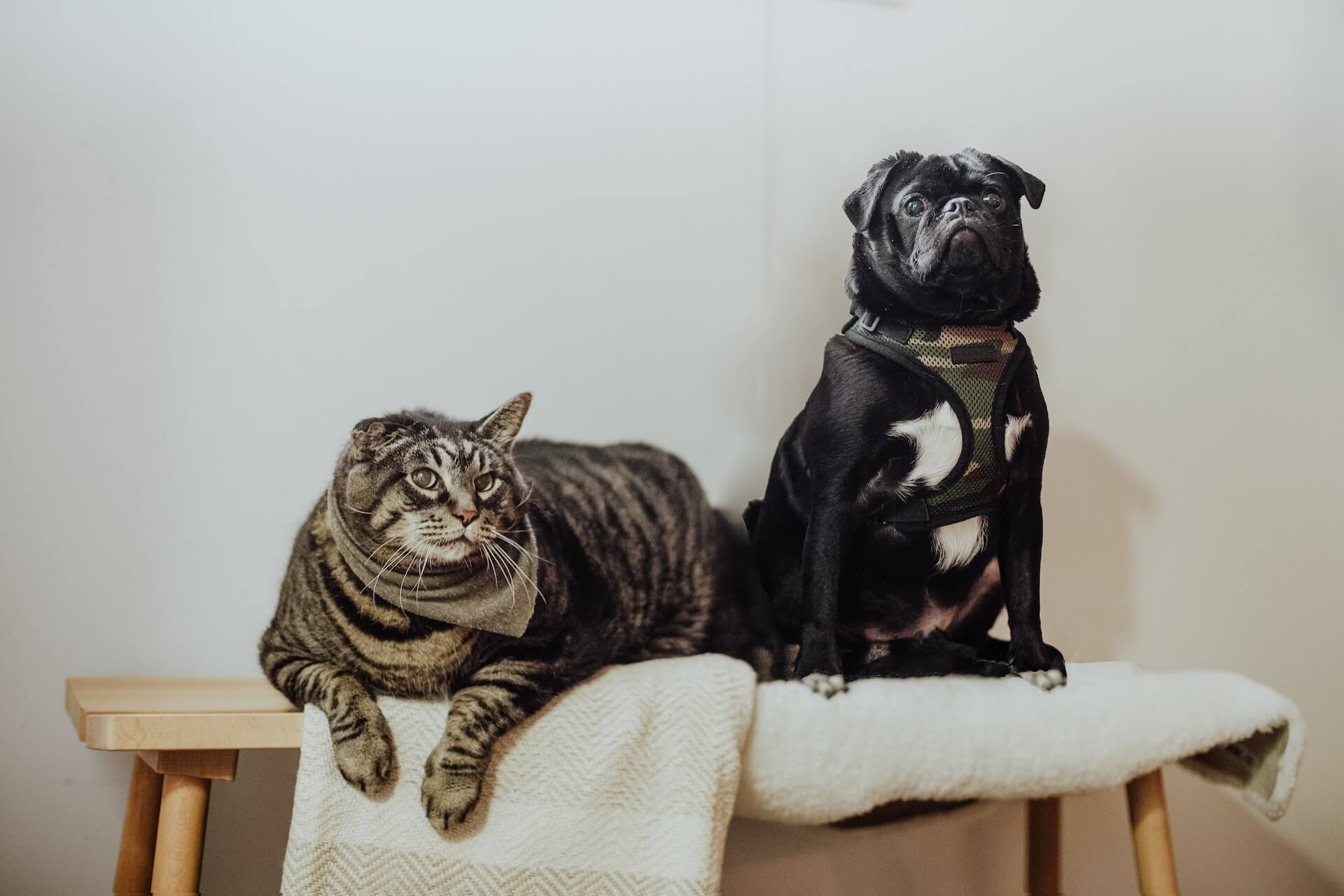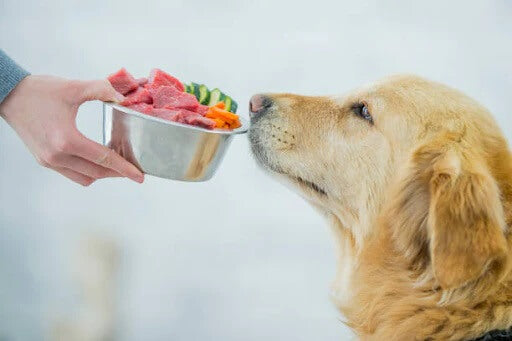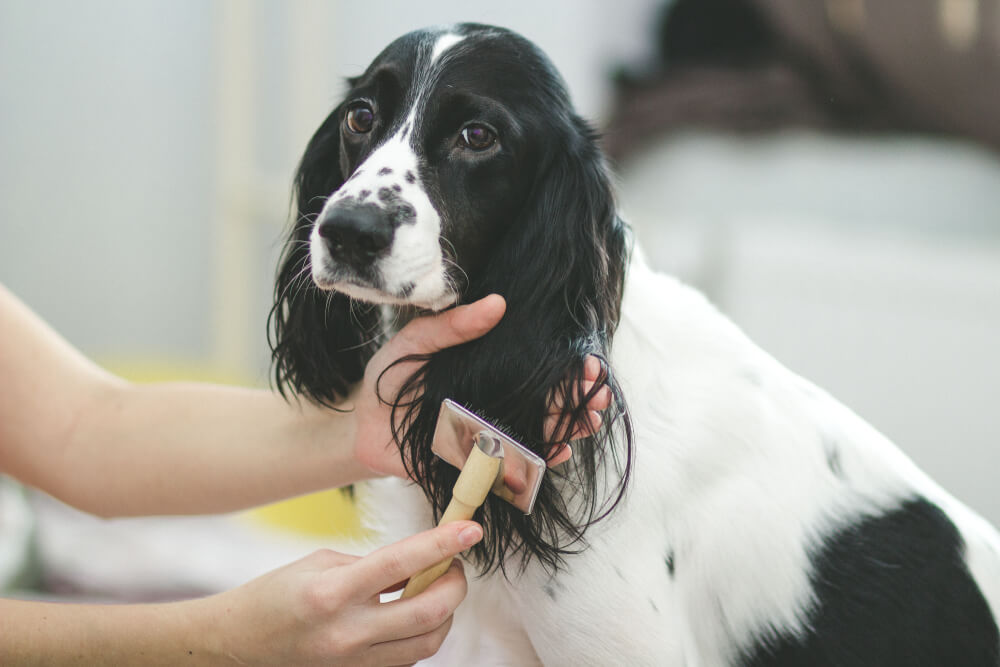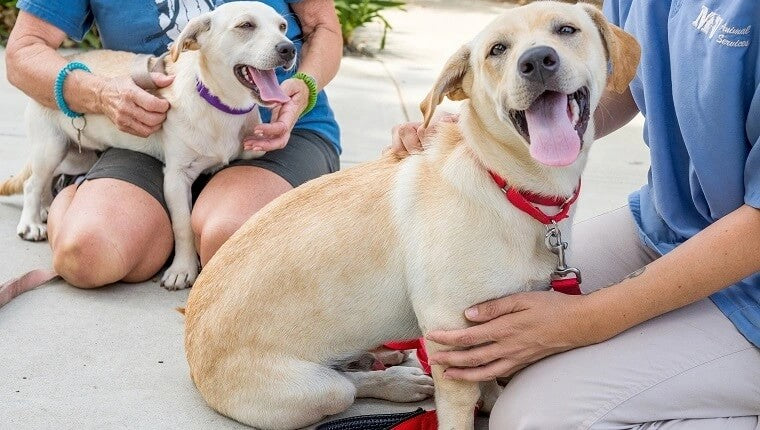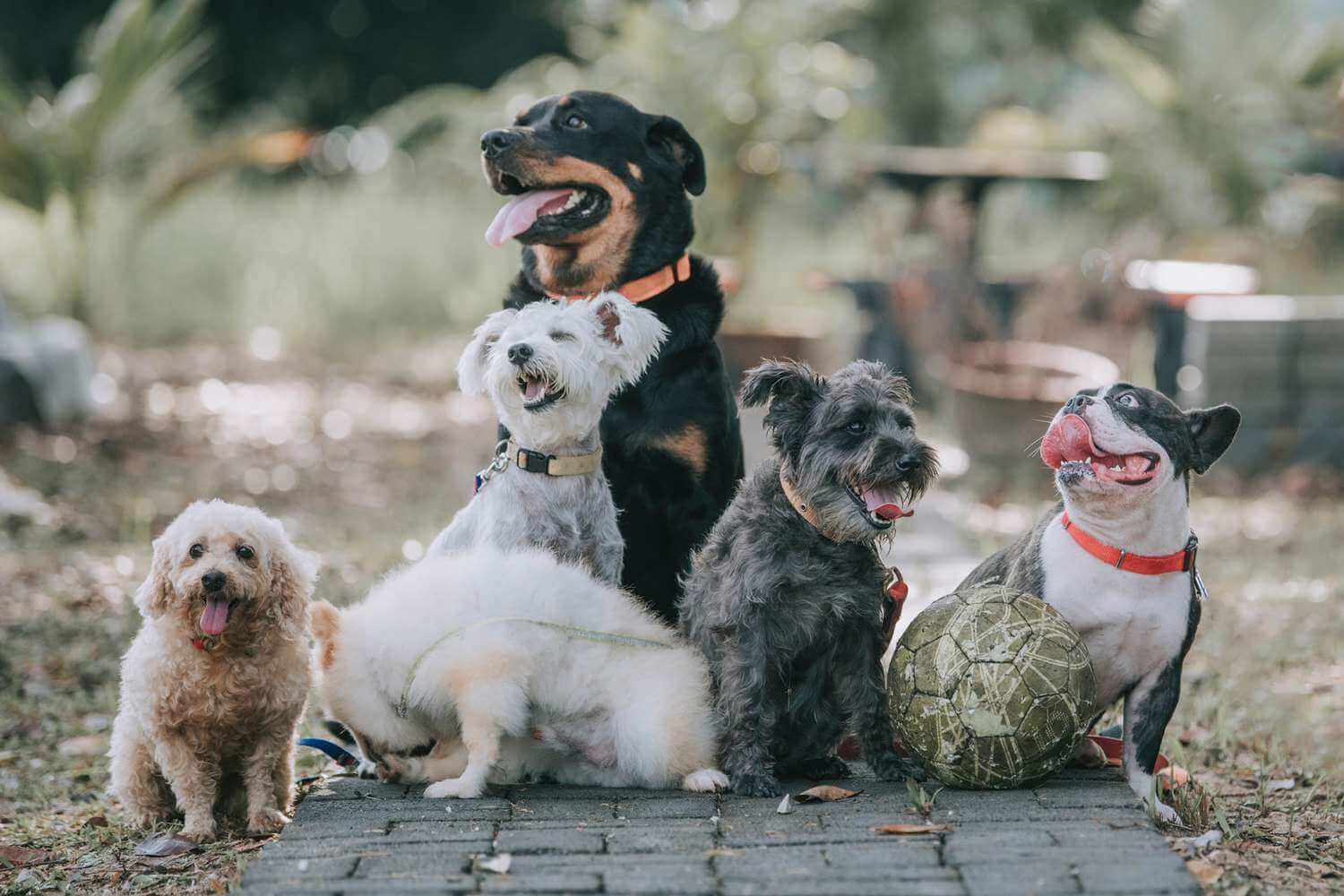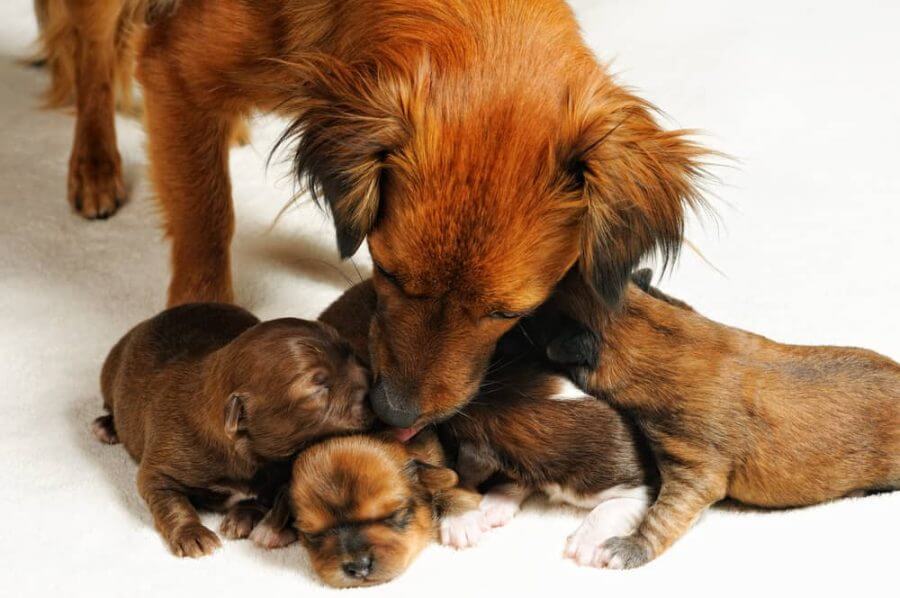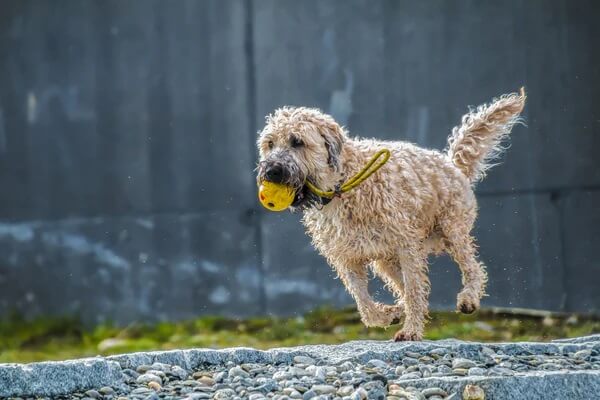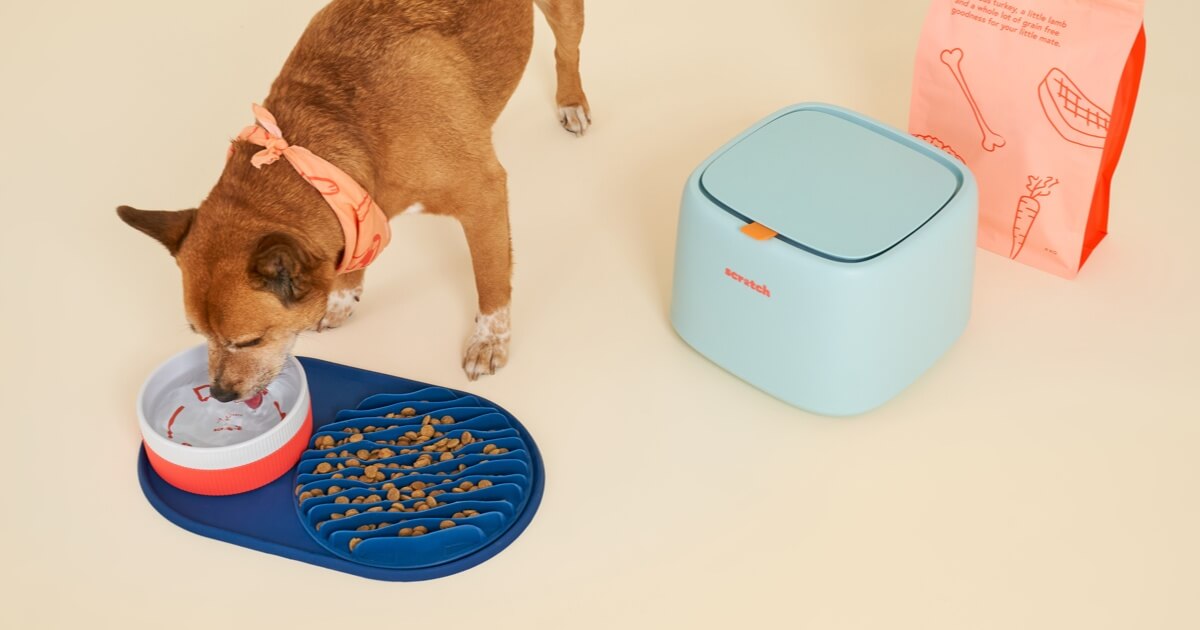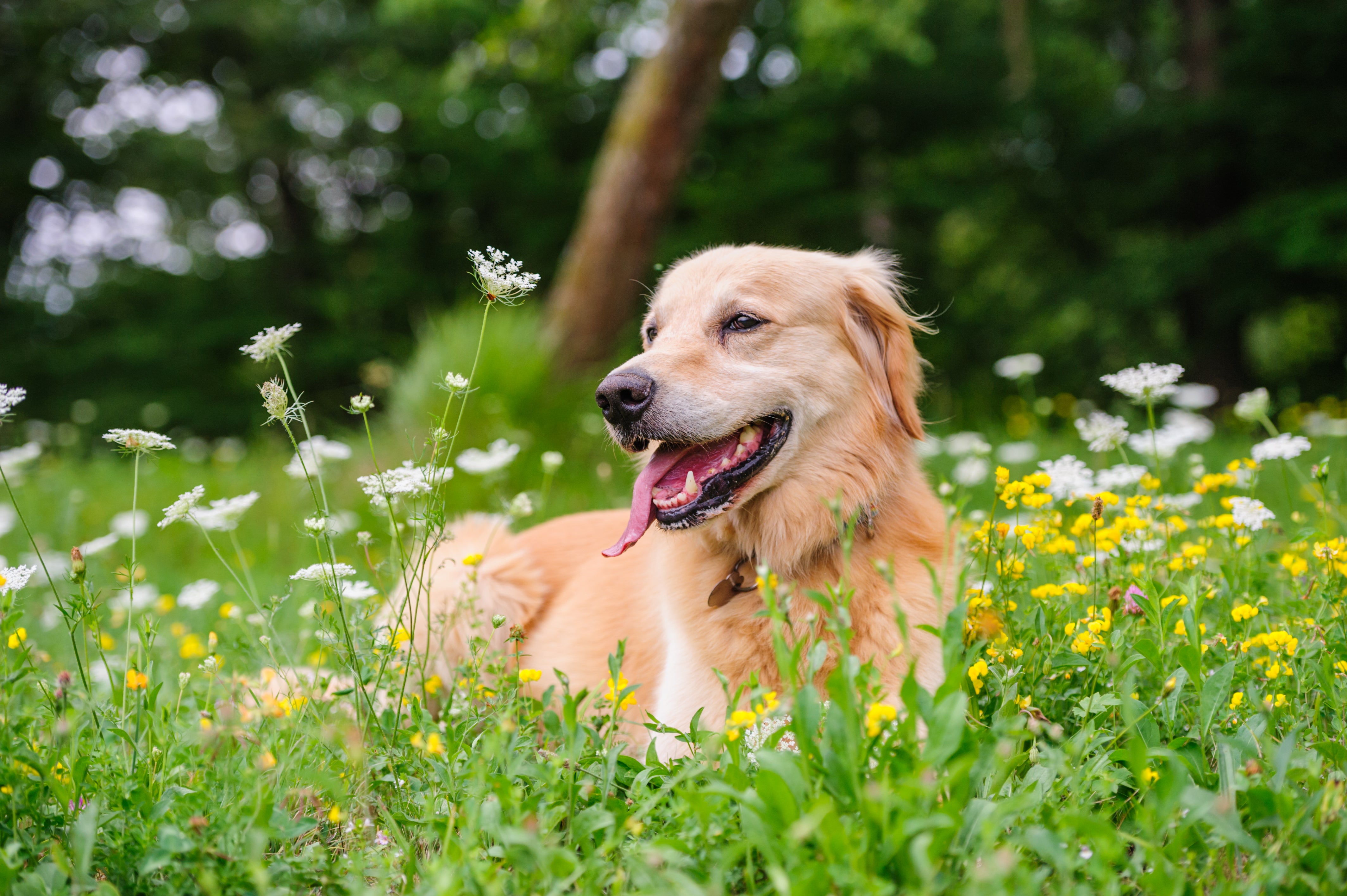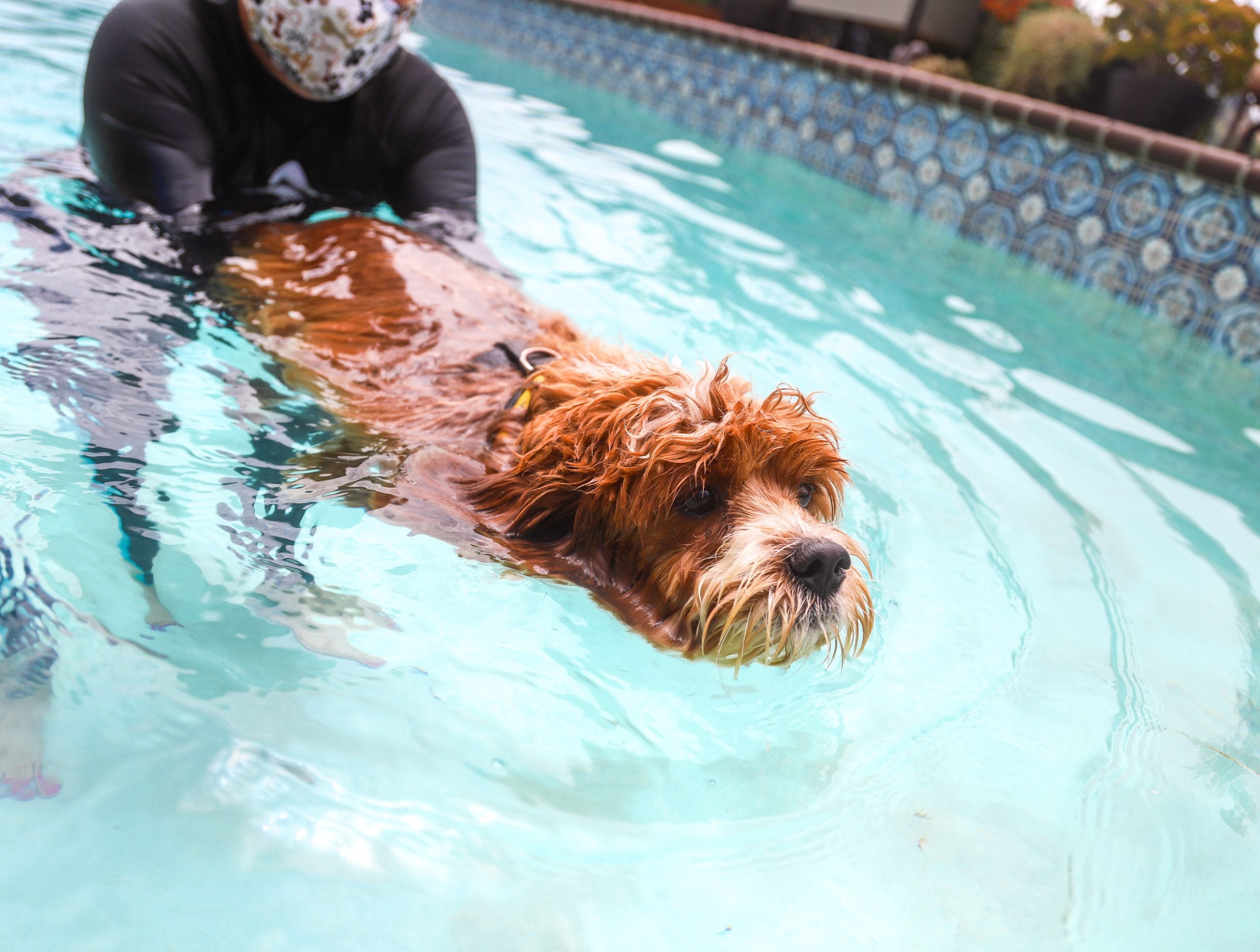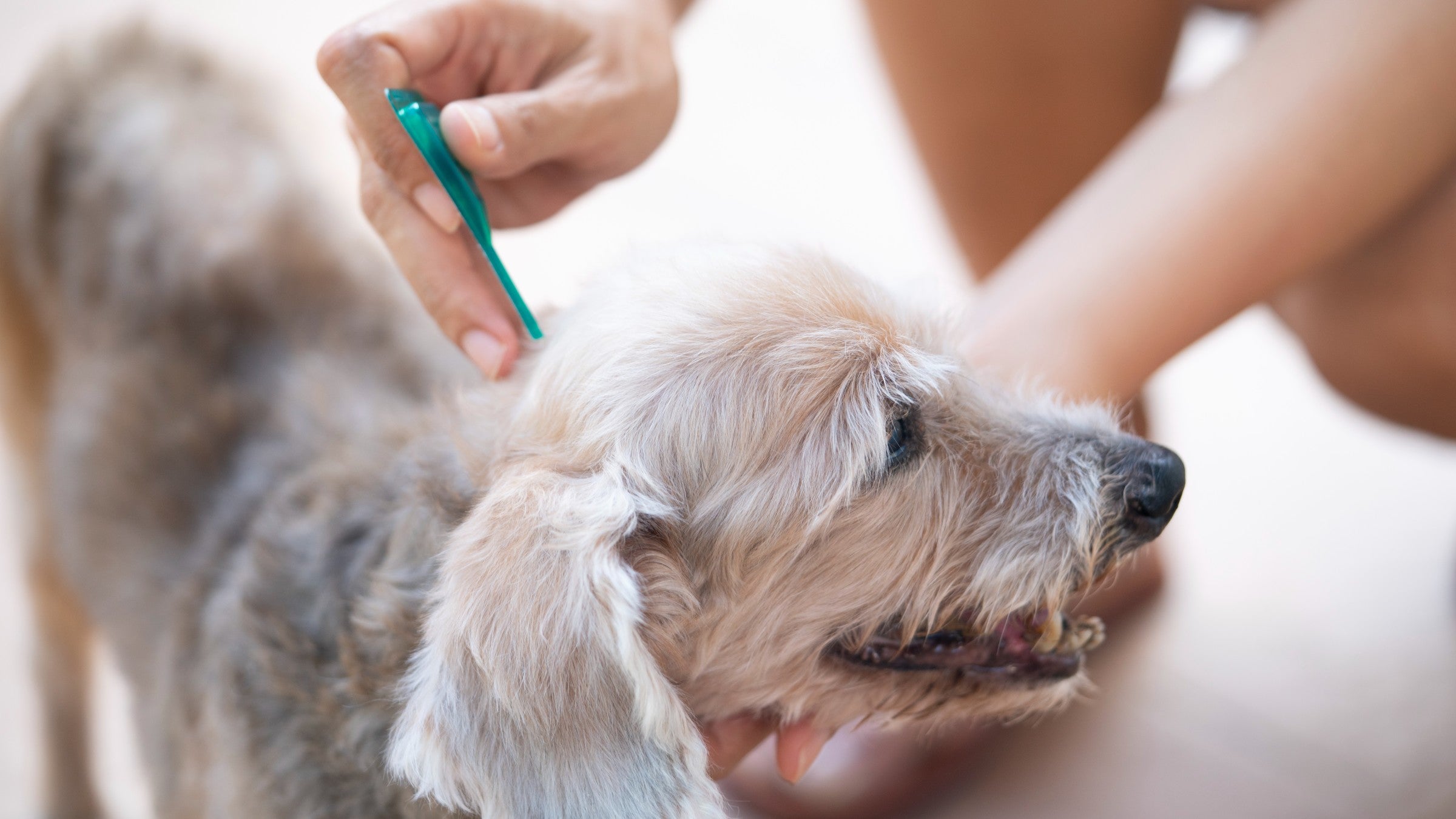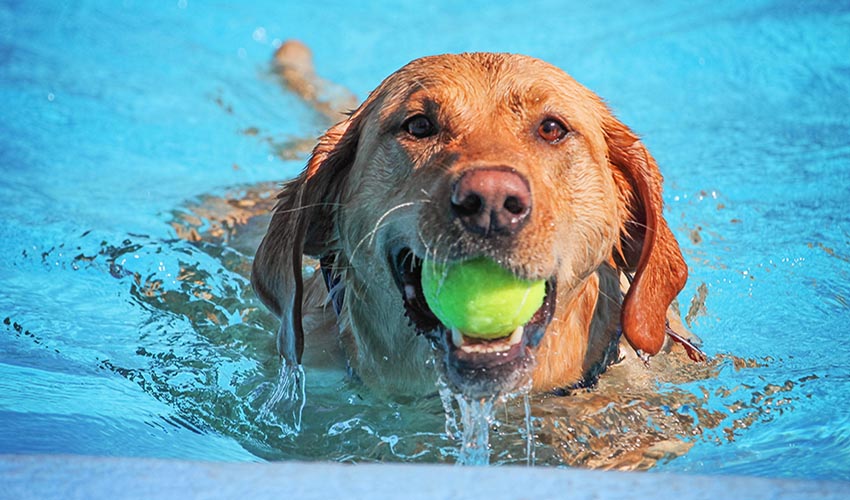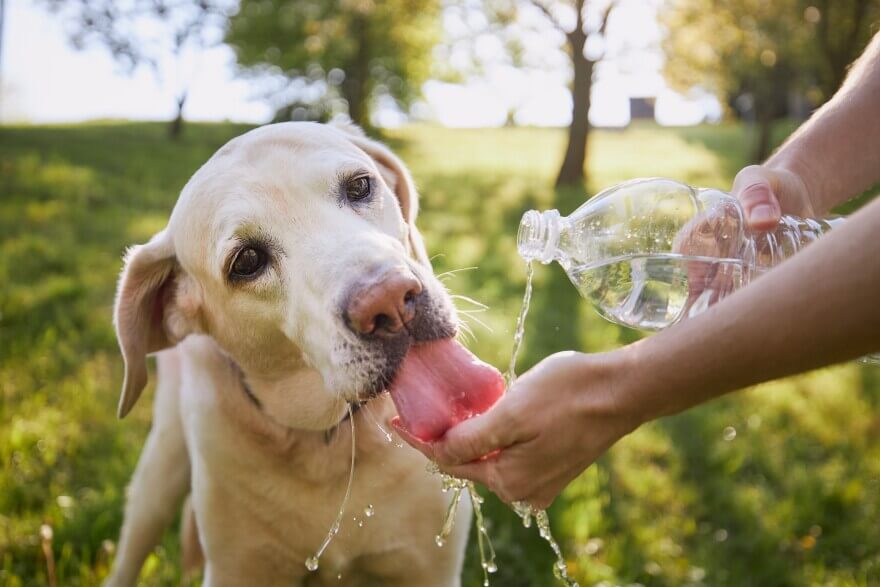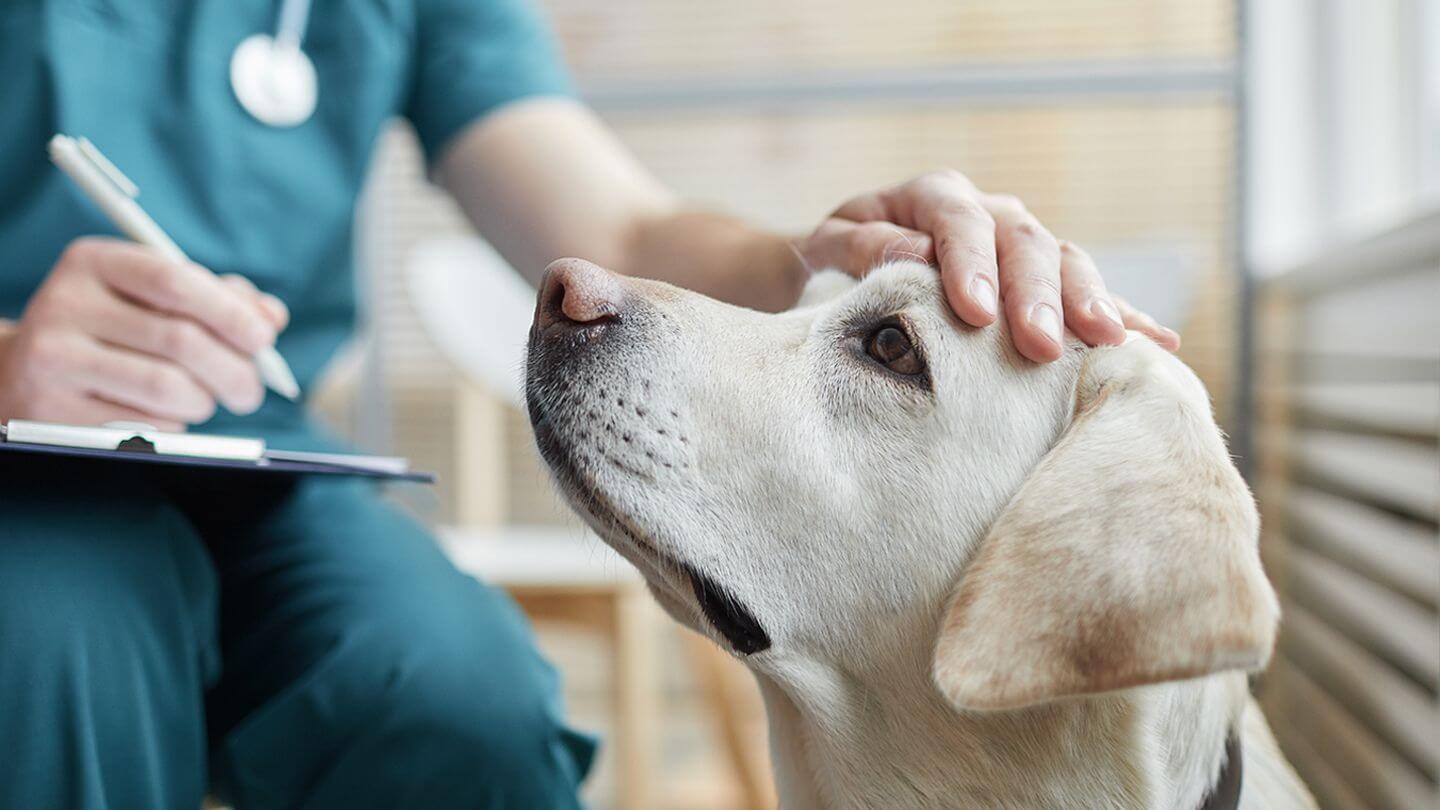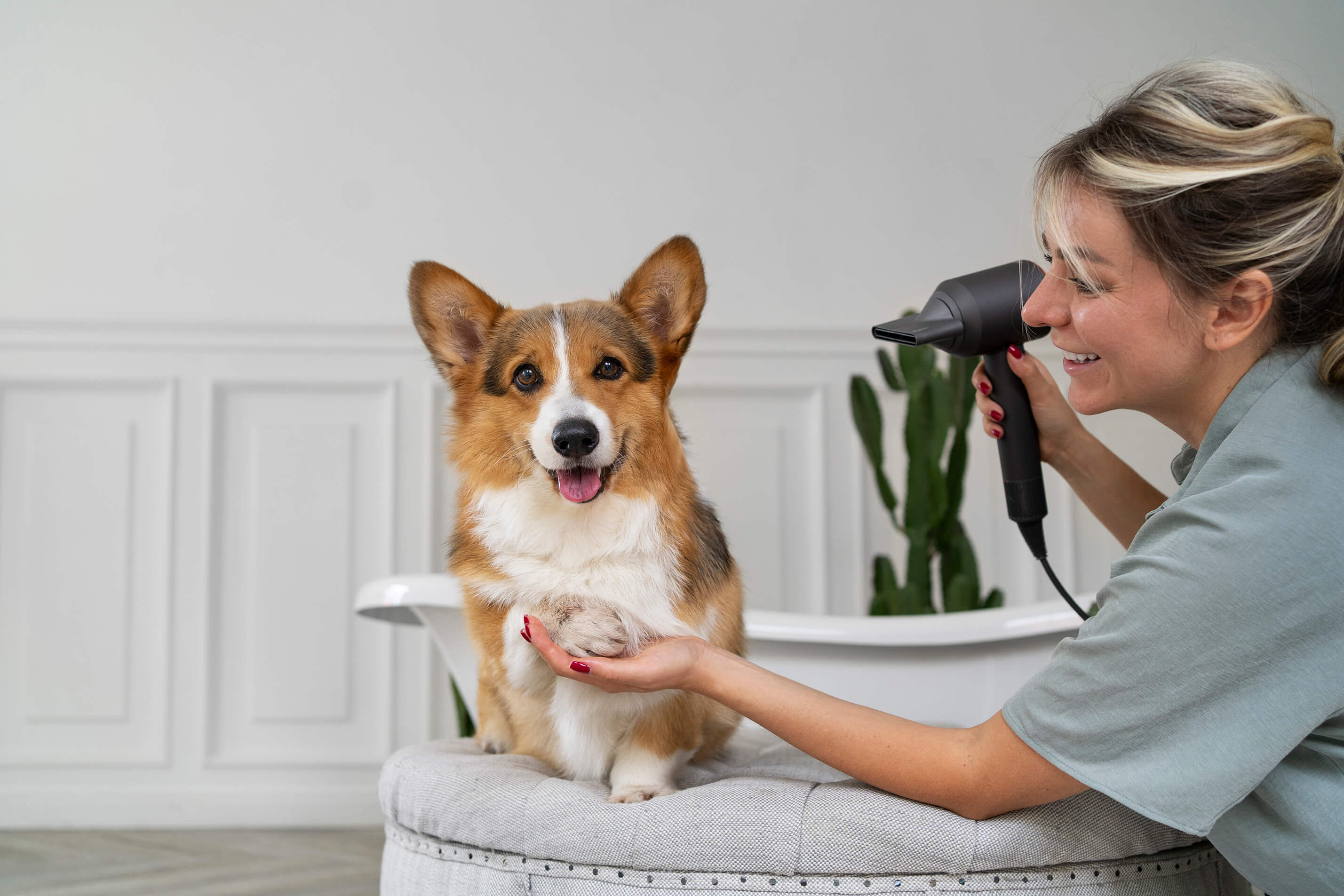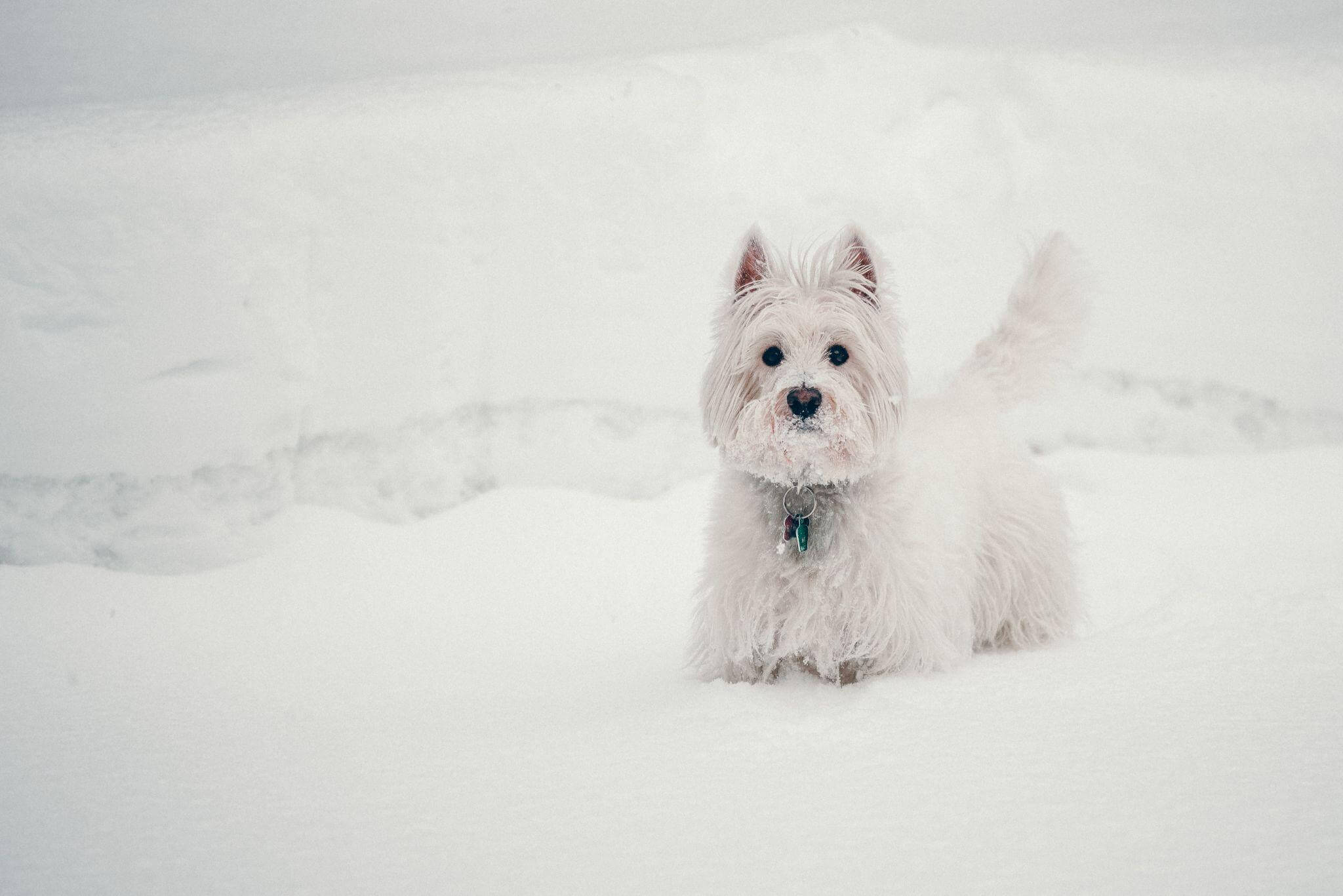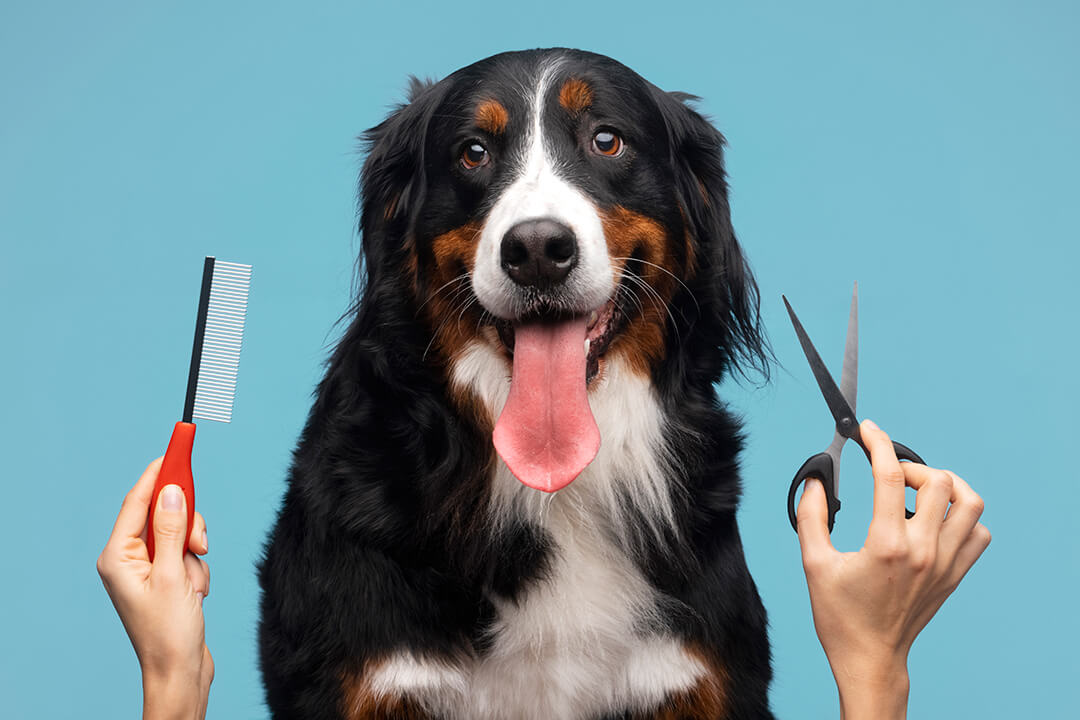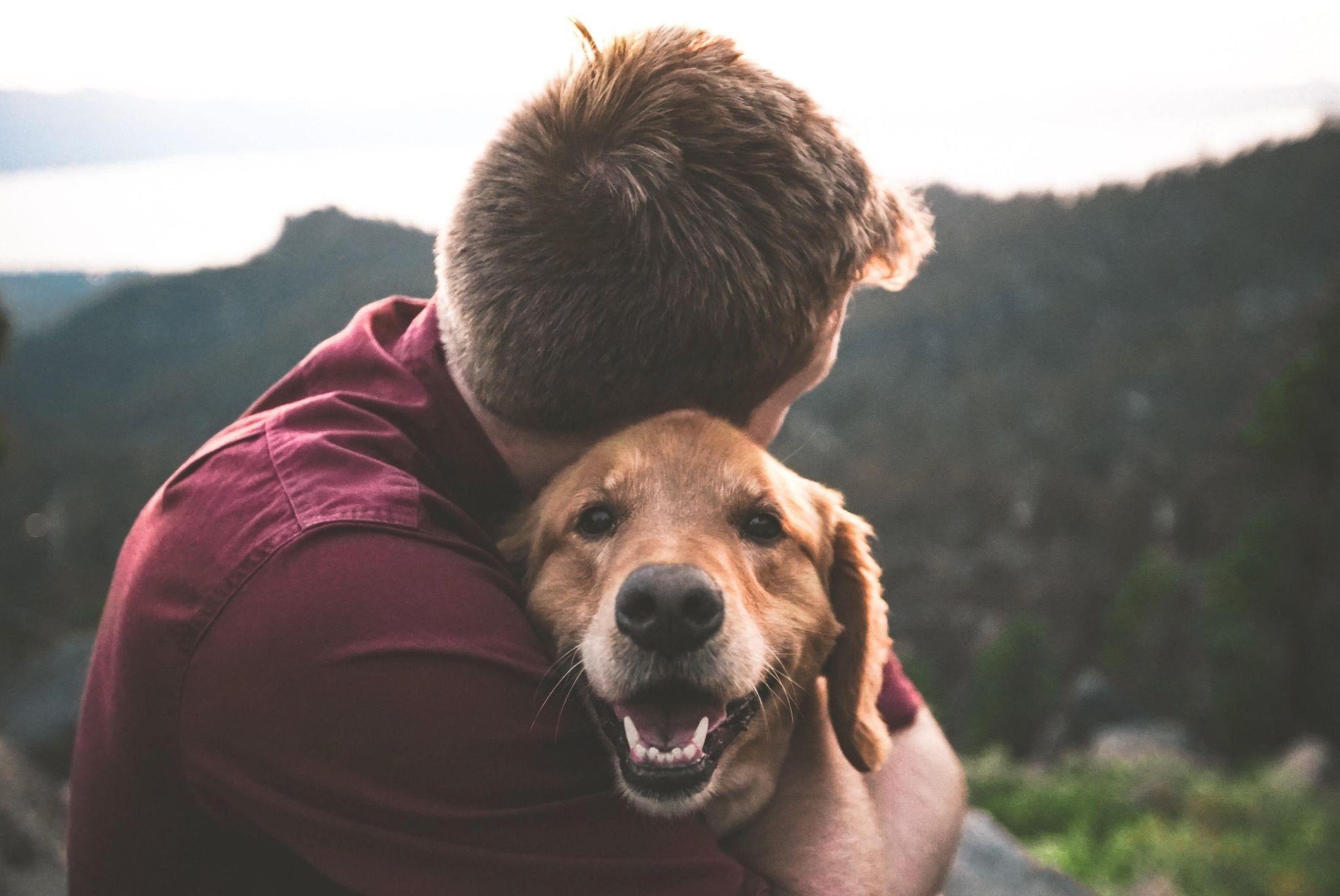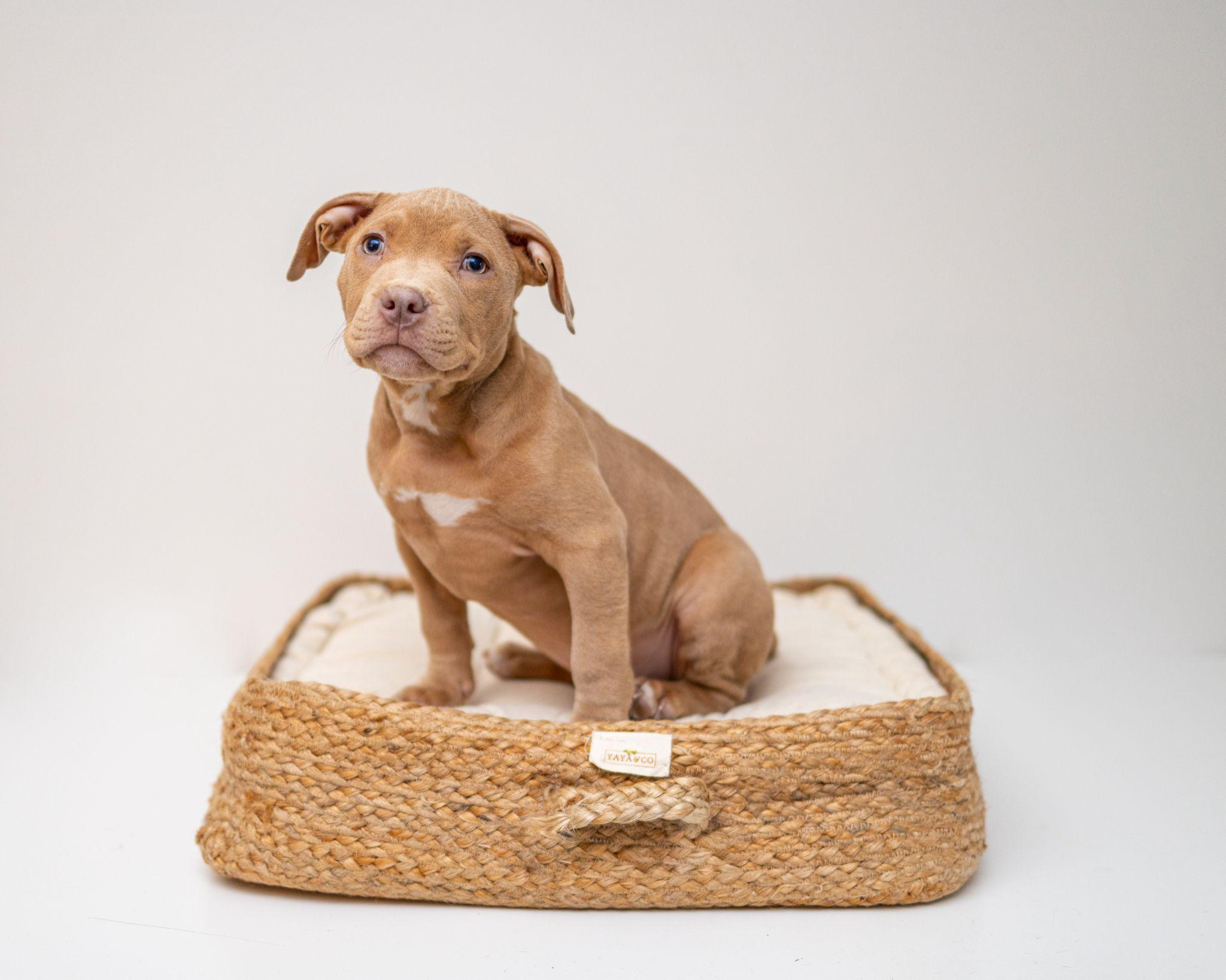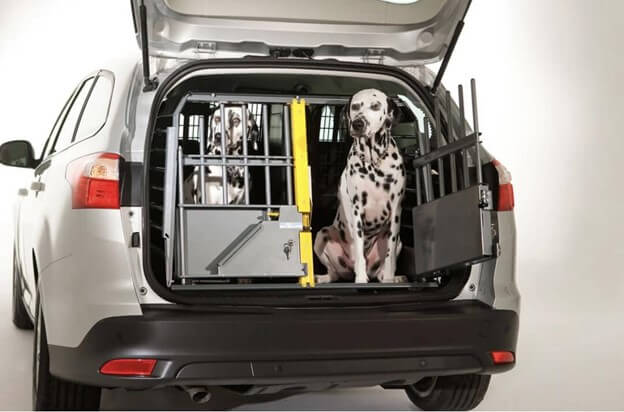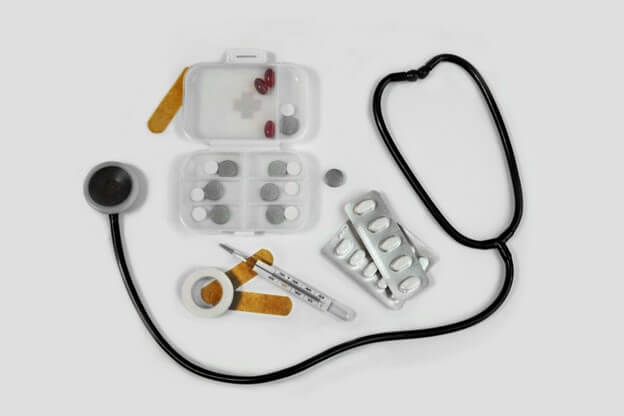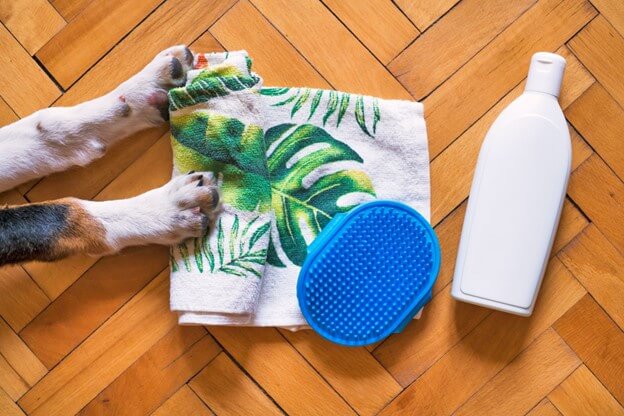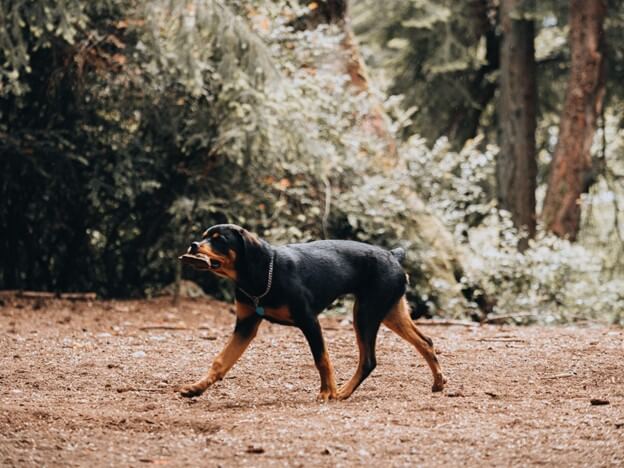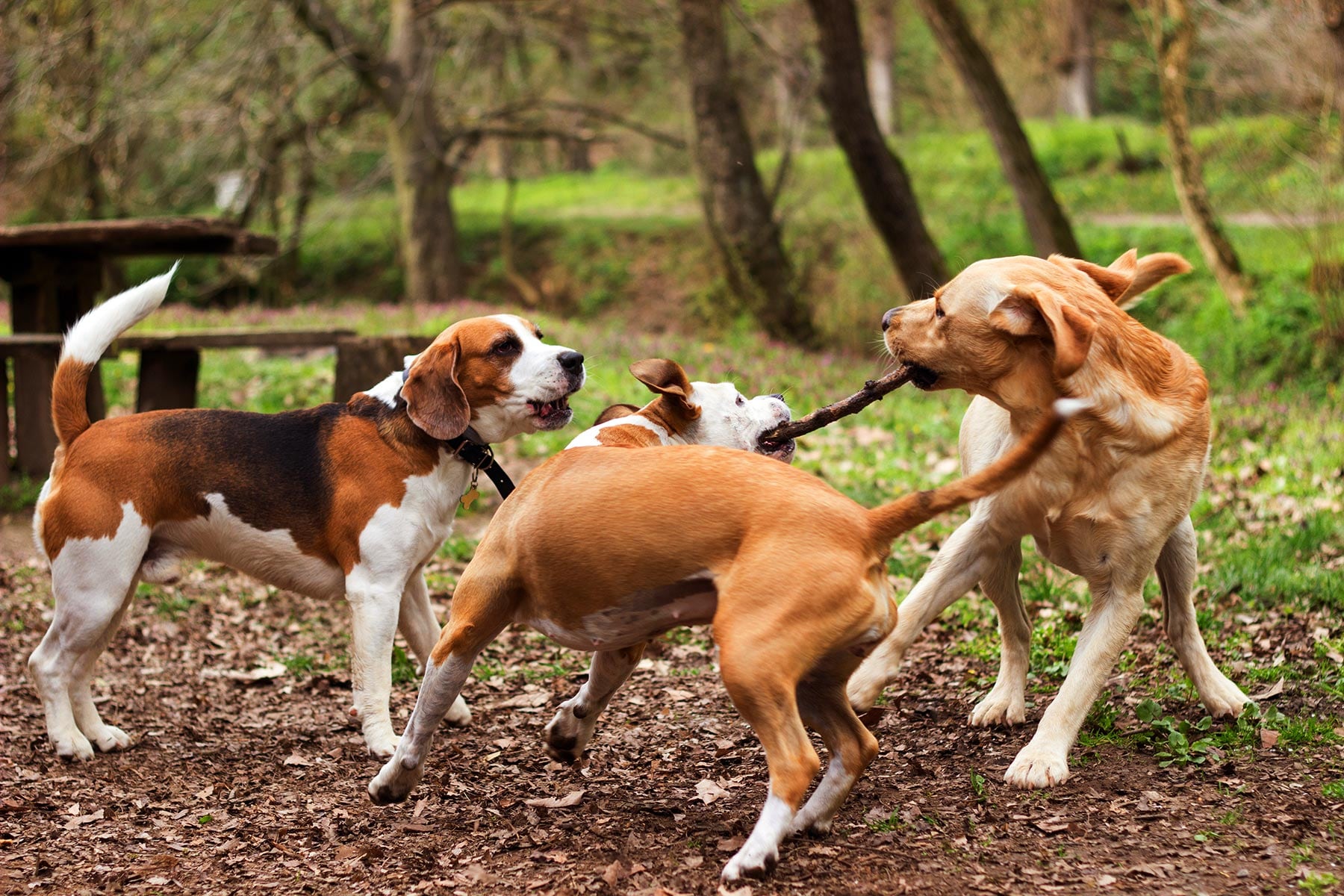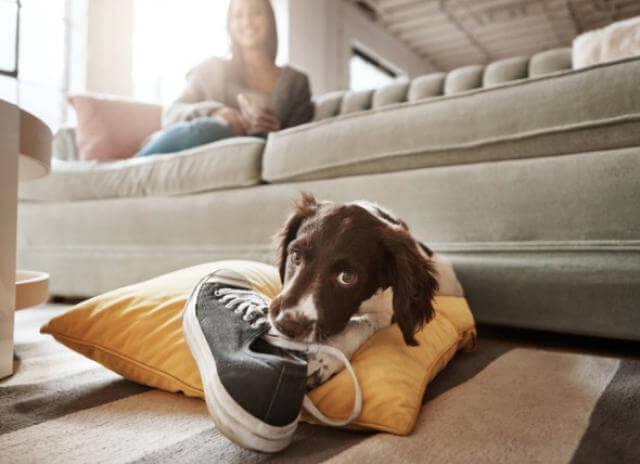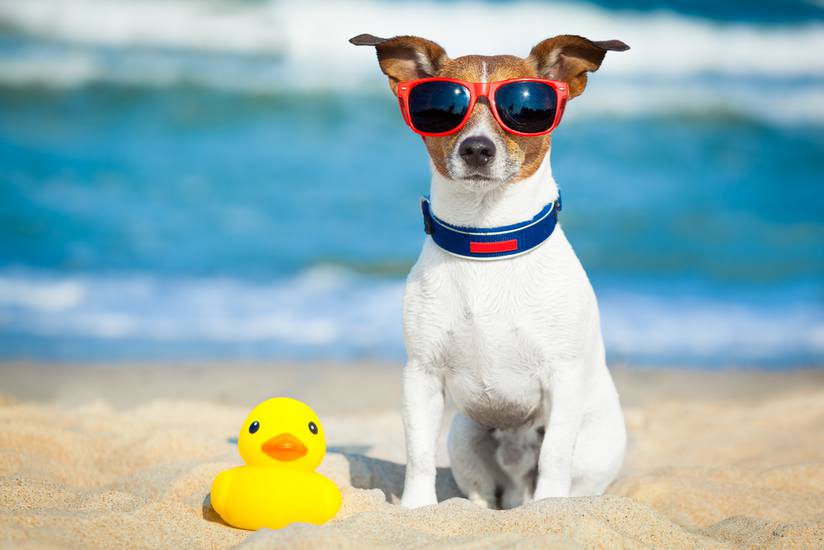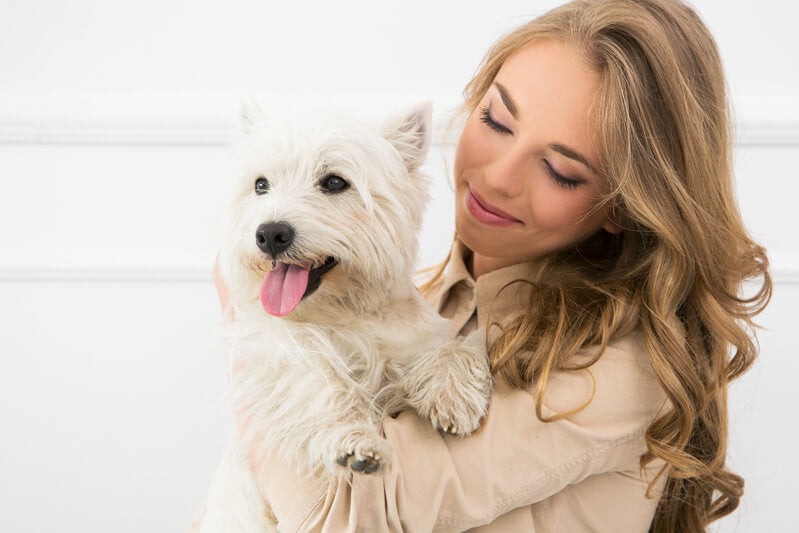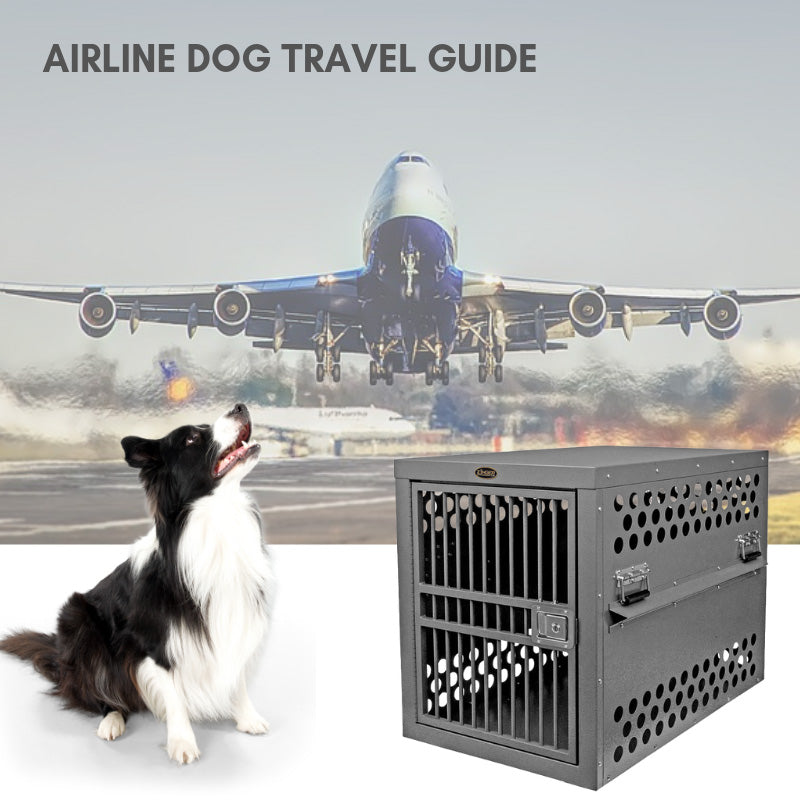
Dog Dental Care: 4 Ways to Keep Your Dogs Teeth Clean

When it comes to keeping our dogs healthy and happy, we can often overlook dental and oral hygiene. A study by the American Veterinary Dental College found that a majority of dogs show signs of periodontal disease by three years old. Thanks a staggering amount! But it’s something we can easily prevent. The primary sign of early dental disease is bad breath, something that many of us shrug off as “normal dog breath” but is the early warning sign of a problem. Your dog may never have a minty fresh scent but it also should not make you gag.
If left untreated, dental disease can cause tooth loss and can lead to painful abscesses and systemic infections throughout your dog’s entire body. Both are linked to long-term periodontal disease in dogs. So what can we do to keep our dogs’ teeth clean? We have a few tips!
Start With Good Food
Feeding your dog a diet of good food helps him in many ways, including keeping his teeth healthier. Quality food, preferably made with whole foods, will nourish his body, which also means stronger teeth. Avoid foods made with by-products, meals, and cereal grains as they are more apt to stick to your dog’s teeth. Instead, look for food made from meats, vegetables, and fruits. You can also add in some raw fruits and vegetables. Carrots, apples, or a chunk of squash or pumpkin are good snacks that most dogs enjoy—and they also won’t stick to your dog’s teeth. This can be especially helpful when given to your dog following a meal as they can help to scrap the food off of their teeth.
Dog Chew Toys
If your dog will chew on hard rubber or nylon chew toys, these are excellent for scraping and cleaning teeth. There are hundreds of different types of chews, but almost all of them have teeth-cleaning properties. Offer the toy after each meal and encourage your dog to chew on it for a bit.
The act of chewing actually benefits your dog’s oral health by scraping plaque off your dog’s teeth, regardless of what he is chewing. There are many all-natural treats made from meat that contain enzymes that help promote dental health. Chews like cow ears, bully sticks, and chicken strips are a great way to keep your dog happy and healthy.
Dog Tooth Wipes
Specifically designed for your dog, these wipes are soft, disposable and uniquely textured to clean dogs teeth and gums gently. Dental wipes can also be a great way to gently introduce your dog to normal dental care. Dog teeth wipes clean the teeth and gums gently resulting is a positive experience for a dog. Once the dog is used to getting his mouth handled and is comfortable with the process, you can slowly switch over to a good quality dog toothbrush which will clean more thoroughly.
Brushing Your Dogs Teeth
Brushing your dogs' teeth may sound silly, but it is the best way to prevent plaque buildup, bad breath, and gum disease. You don’t need to brush your dog’s teeth daily, although the more often you can the better. Most dogs don’t love the idea initially, so some thought and care should be taken when staring this routine. Make sure you use the correct tools for the job. There are toothbrushes and toothpaste (in chicken and peanut butter flavor, YUM) available that will work far better than the human variety. Start when your dog is in a calm relaxed state and take it slow. As you slowing introduce this new routine your dog will adjust and adapt.
If you are really struggling here, your veterinarian can clean your pet's teeth for you. This is likely the most expensive option but also guarantees the best success rate. Your veterinarian can also help identify and treat any issues that might go unnoticed by even the most dedicated dog owner. If you are having trouble with your dogs' oral hygiene this is a great option.
Conclusion
There are many ways to get started today improving your dogs' oral health and hygiene. The key is to start today and begin making it a routine. Make one small change each week and soon your dog will have the cleanest mouth on the street (hopefully). Remember to consult your local veterinarian if something is not working with your dog, as no one dog is the same.
- Jun 10, 2019
- in Pet Blog

